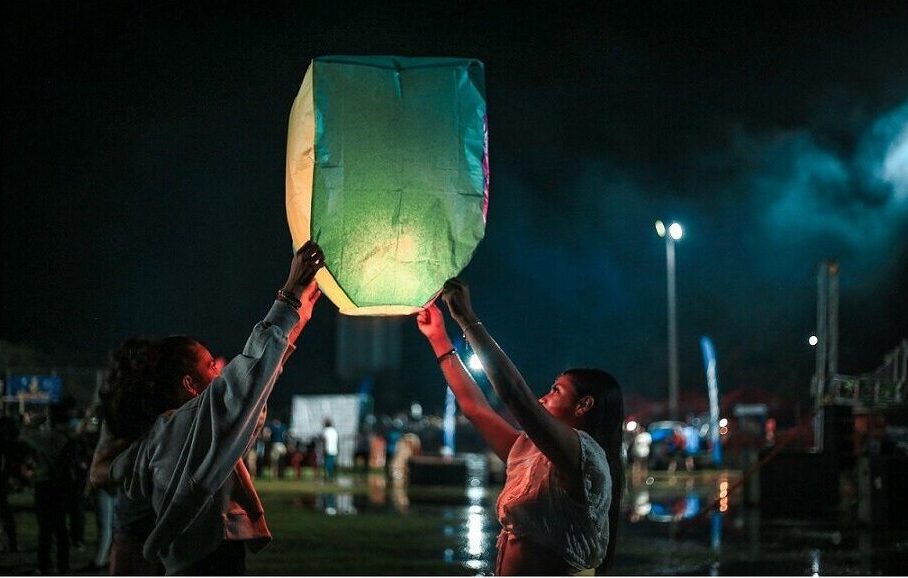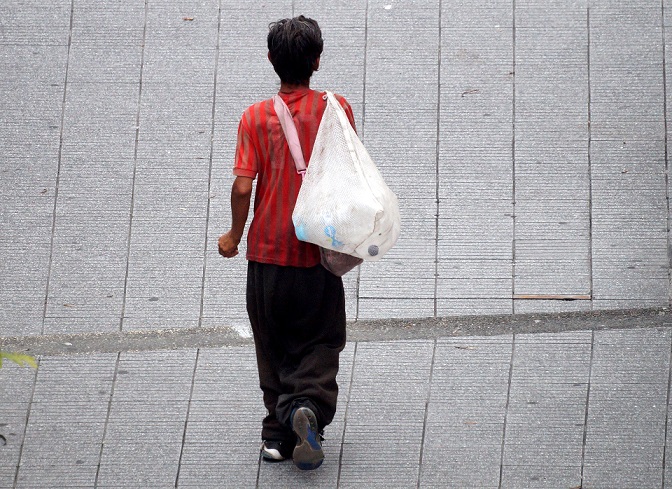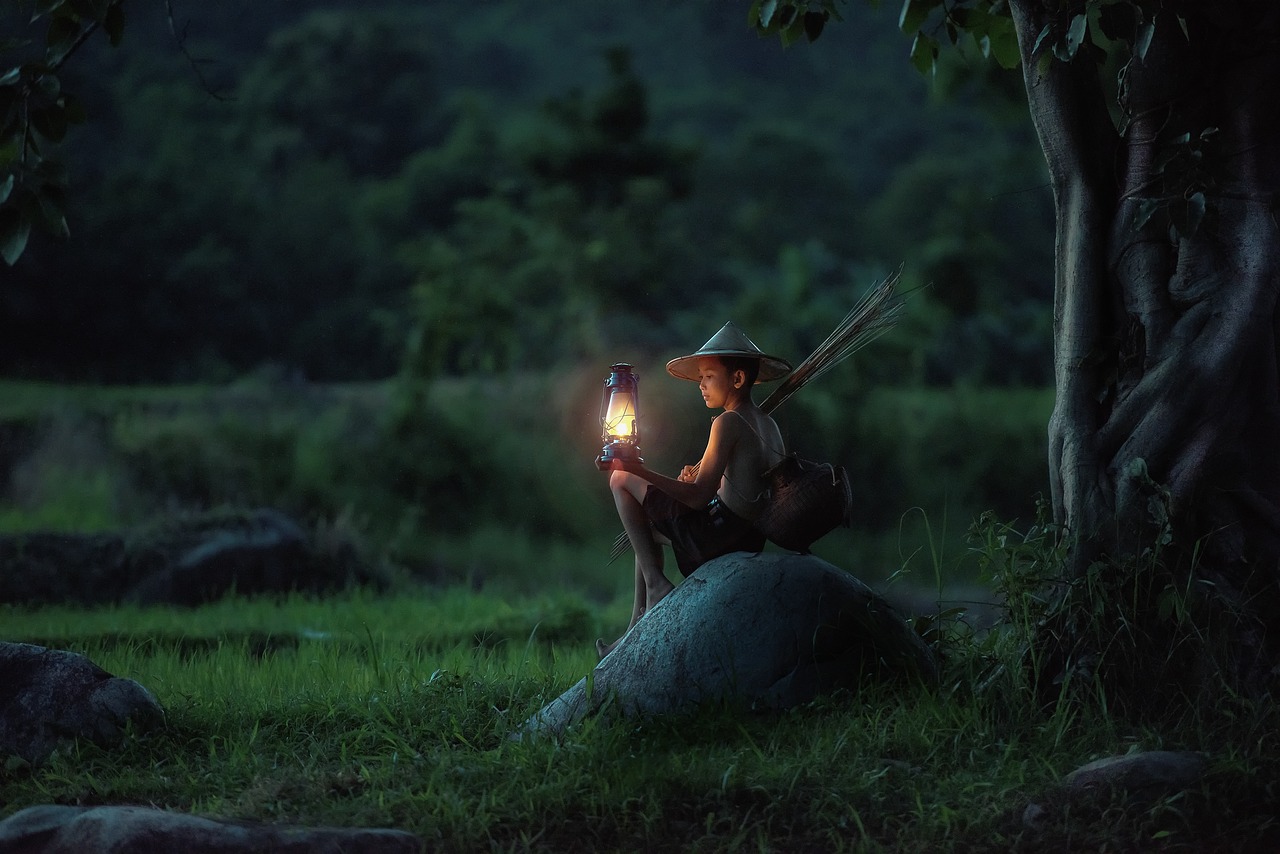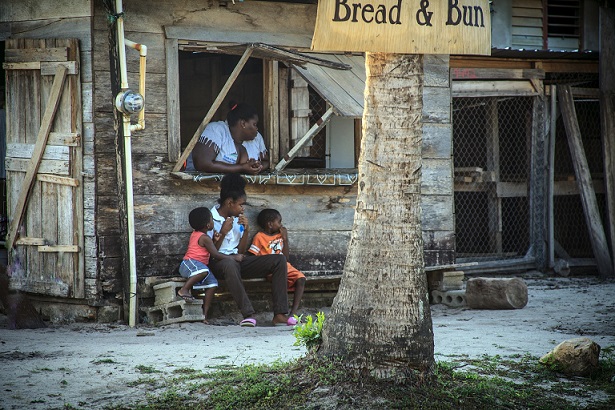The 20th of November is Universal Children’s Day. Children rights are not fully accepted in the facts. Among the realities of childhood are children’s labour and exploitation, sexual trafficking, homelessness, and forcing them to join military groups, among other abuses. There is still a lot to do for children. What about the children who are close to us?
 Mabel Encinas
Mabel Encinas
‘Childhood’ emerged as a concept at some point around the end of the Seventeenth Century, referring to the period that goes from birth to adolescence. As a concept, it broke the idea that a child was a small or incomplete adult.
However, if children are accepted as different from us, adults: Are they dependent or independent?
We should mind their future or also their present?
Often, common sense considers that children grow up like plants, and although plants are ‘humanised’ through intentional cultivation, child development cannot be seen as a kinder-garden (kinder is German for children).
Child development involves quite a different story (or to be precise, it involves history, and so culture).
First of all, cultures merge with biology in children’s development.
This means that through the care and education offered by families, schools, social life as a whole, children develop in a particular direction defined by a culture.
 That is why today’s children are different to children fifty years ago, and rural and urban children are also different among them.
That is why today’s children are different to children fifty years ago, and rural and urban children are also different among them.
Adults support children to develop in a particular direction and with particular potential futures in mind.
For example, research in the labour room has shown that children receive a bath of culture (and of potential futures) in their parents’ expressions: “the football player arrived”, “look at her eyes, she will be so determined”.
Biology and culture merge in a way that could be compared with quickly making a ball with red and yellow pieces of play dough: while some bits may remain red and others yellow, part of the ball will become orange. We will not be able to separate the colours back to the original two pieces.
We humans become diverse in relation to the cultures in which we grow. Also, each child’s history is built on the experiences created through their participation in the social world. A ‘universal child’ does not exist. We can legitimately talk about childhoods.
Moreover, everyday life consists of many elements that we take for granted but that have a great impact in a child’s experience.
 That is why we consider ‘natural’ something that is created by the society in which we live (like children’s inclination to technology in certain contexts).
That is why we consider ‘natural’ something that is created by the society in which we live (like children’s inclination to technology in certain contexts).
That is also why abuse leaves a deep imprint in children’s personality.
A second element to understand childhood is that children actively participate in social life.
Children not only have to assume a number of responsibilities in contemporary society (like having the house key or the pin number of their parent’s debit card); they are active participants all the way through. They are not powerless, although they depend on us. This dependence creates a power imbalance, of which we, as adults, need to be aware. We have the responsibility to safeguard them.
We also need to create an environment in which they can raise their voices and which offers support for the development of resilience.
At the same time, we also depend on them.
As we engage with children in our everyday activities, we depend on their contribution and engagement in what we do, and on their willingness to participate. We depend on each other.
 We are interdependent. In that sense, we (adults and children) are equal as much as different.
We are interdependent. In that sense, we (adults and children) are equal as much as different.
All in all, children’s present and future lives are at once important, just as both present and future are important to us, adults.
We still need to have a Children’s Day, not only in order to think about what we do for children, but also about what we do with them.
(Photos: Pixabay)












.jpg)












